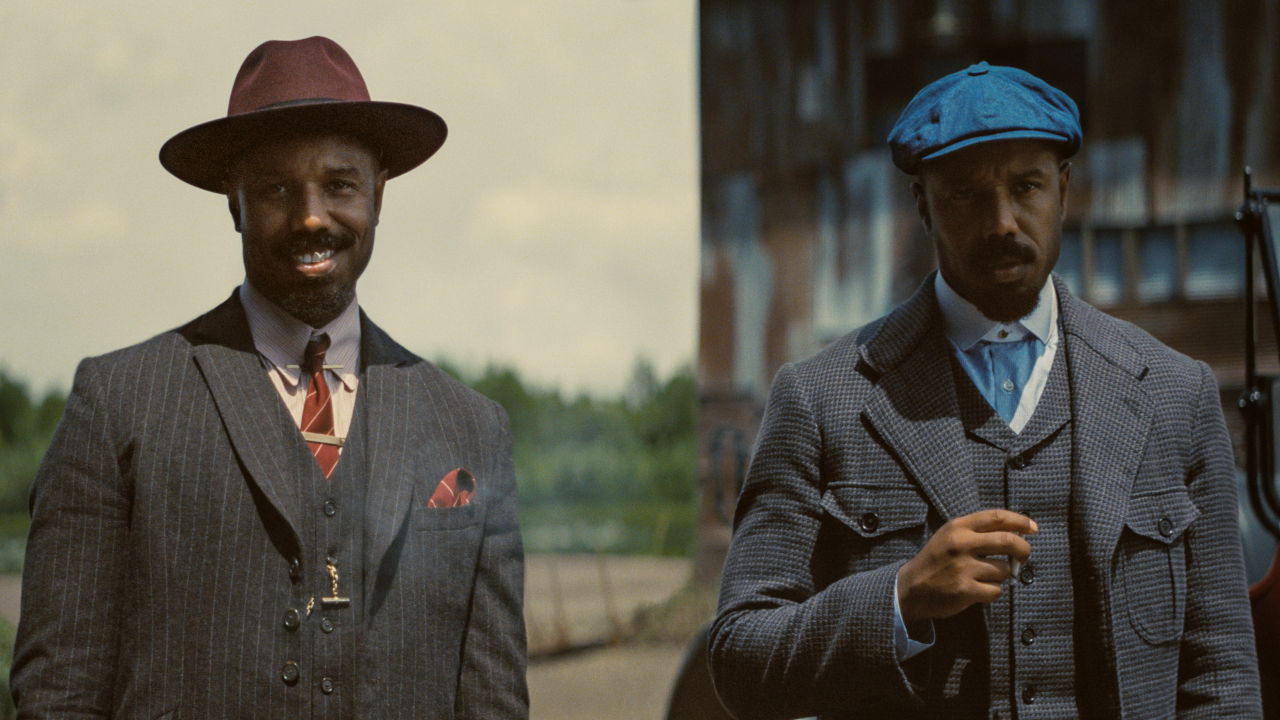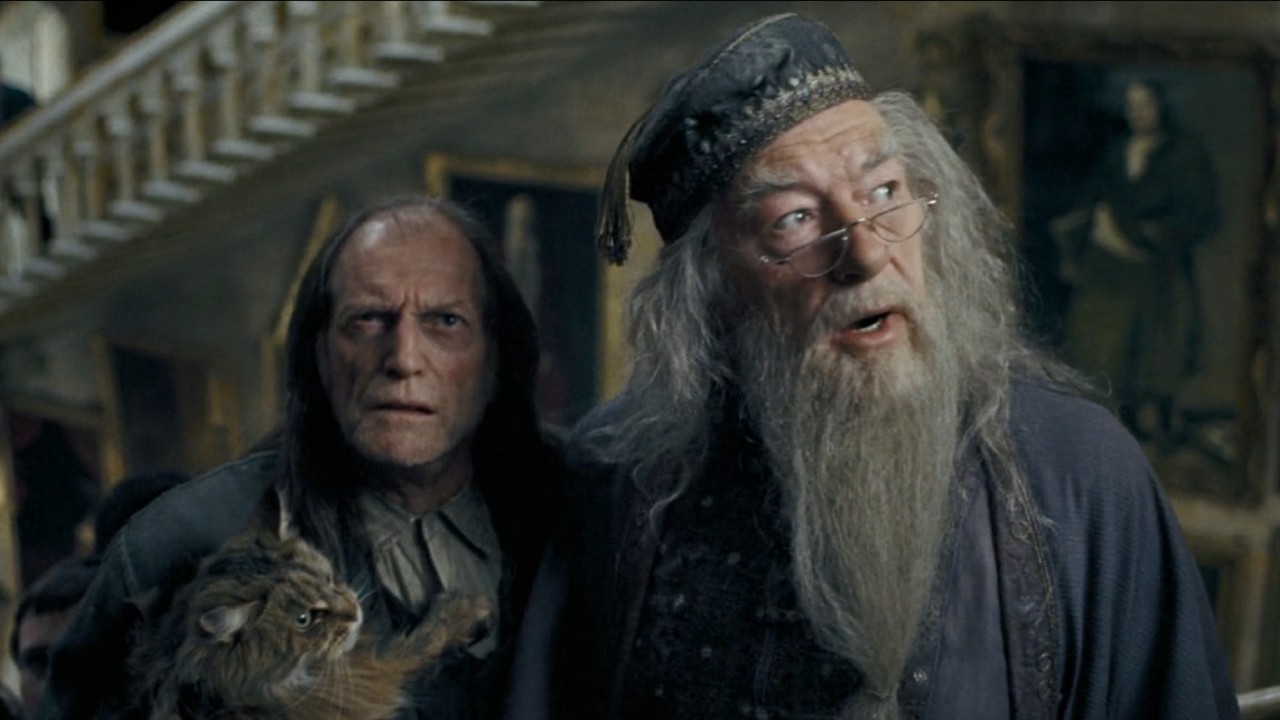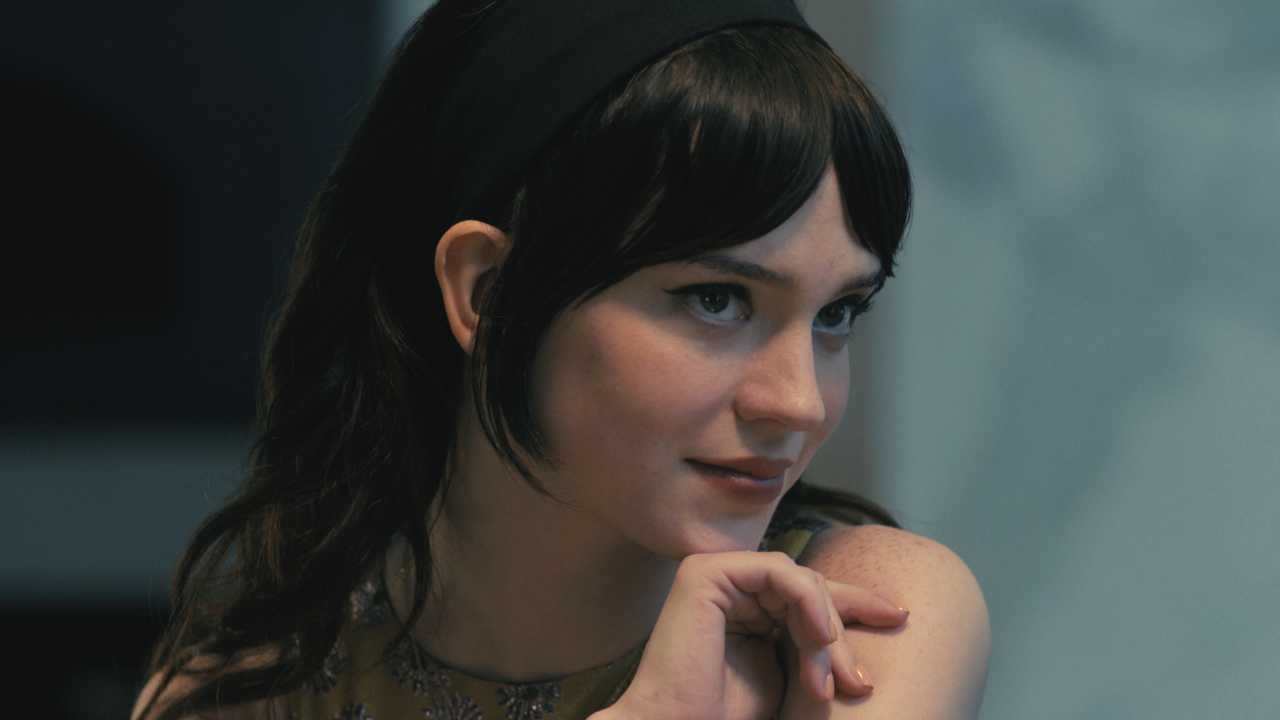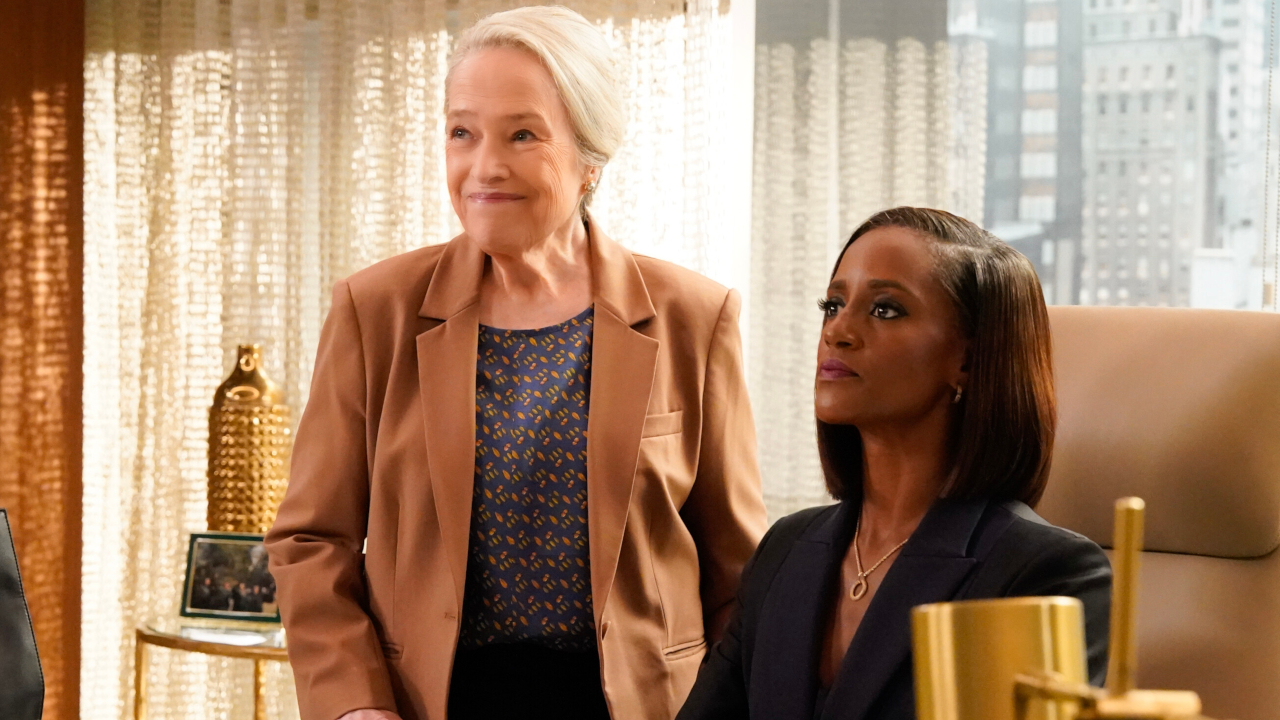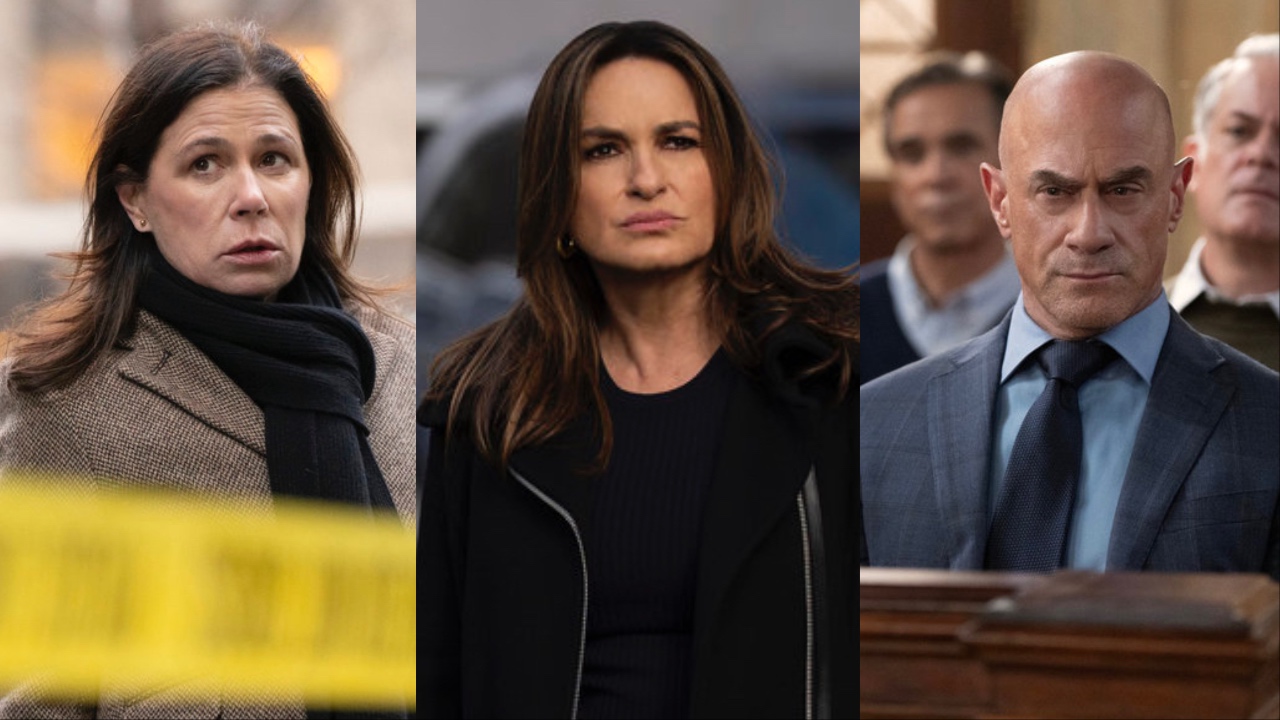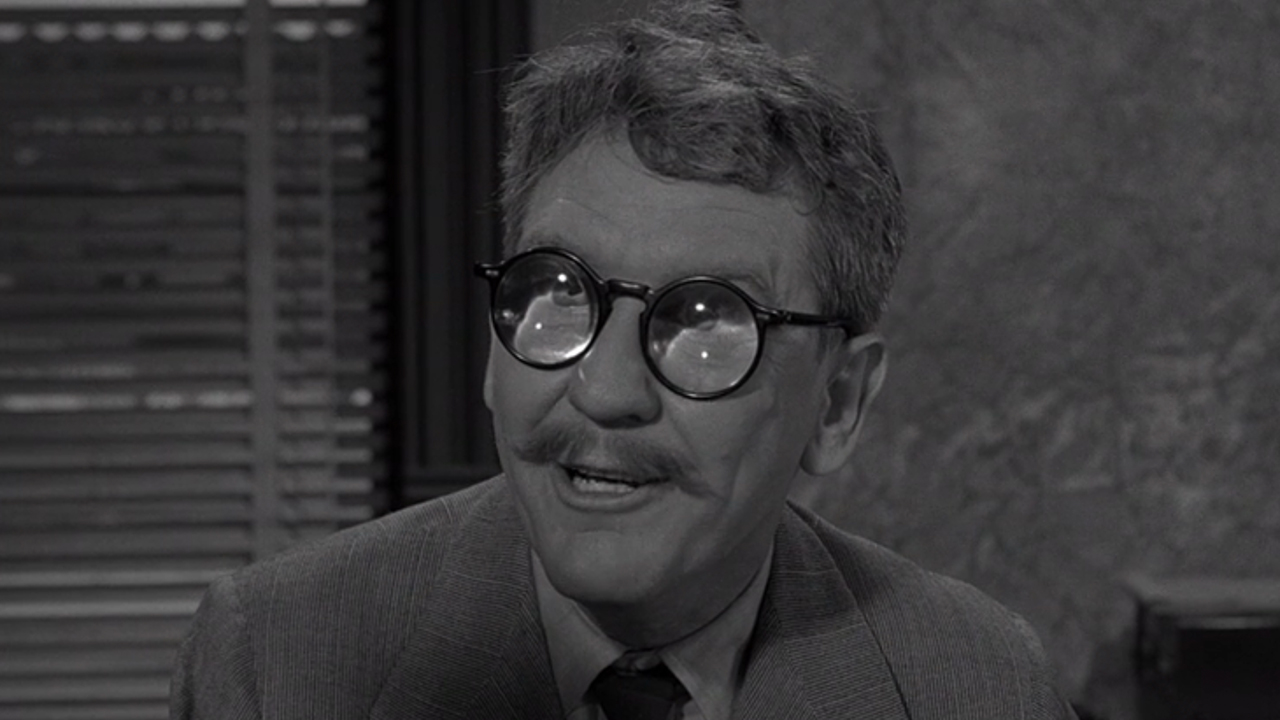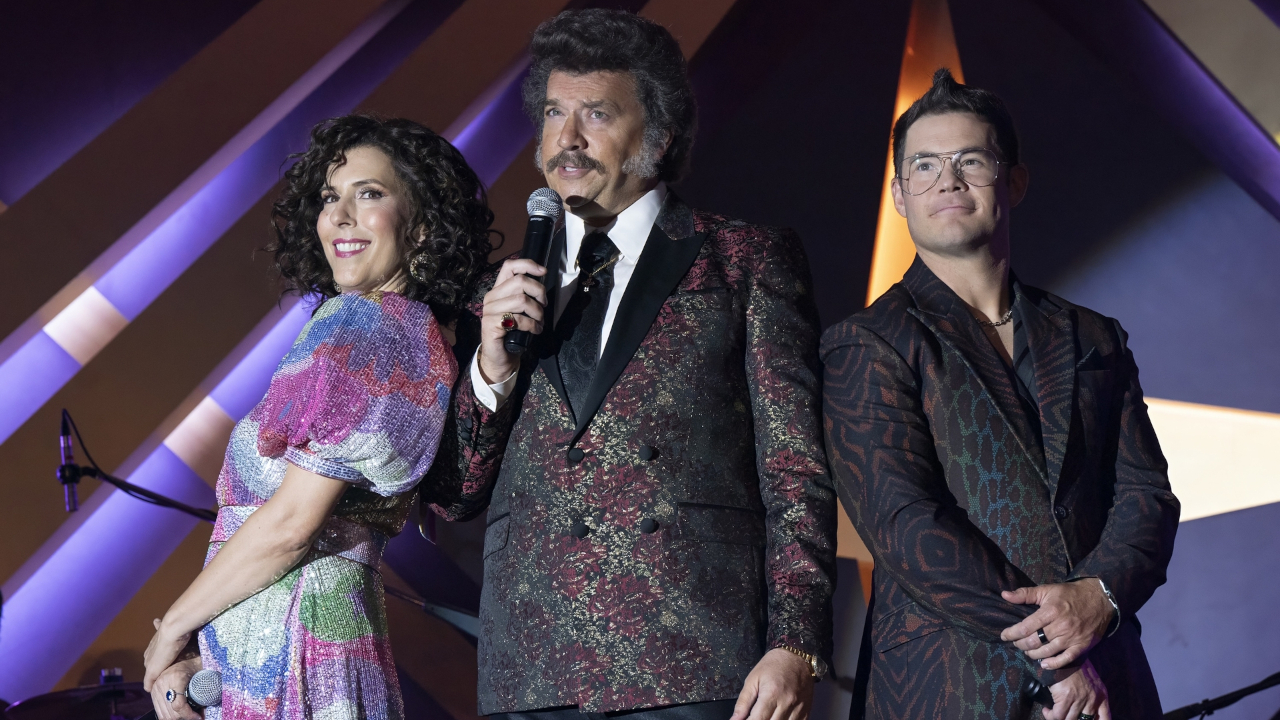Why Lifetime's Flowers In The Attic: The Origin Is Worth Watching If You're A Fan Of The Original Series
Boy, does Lifetime know how to make a V.C. Andrews TV event.
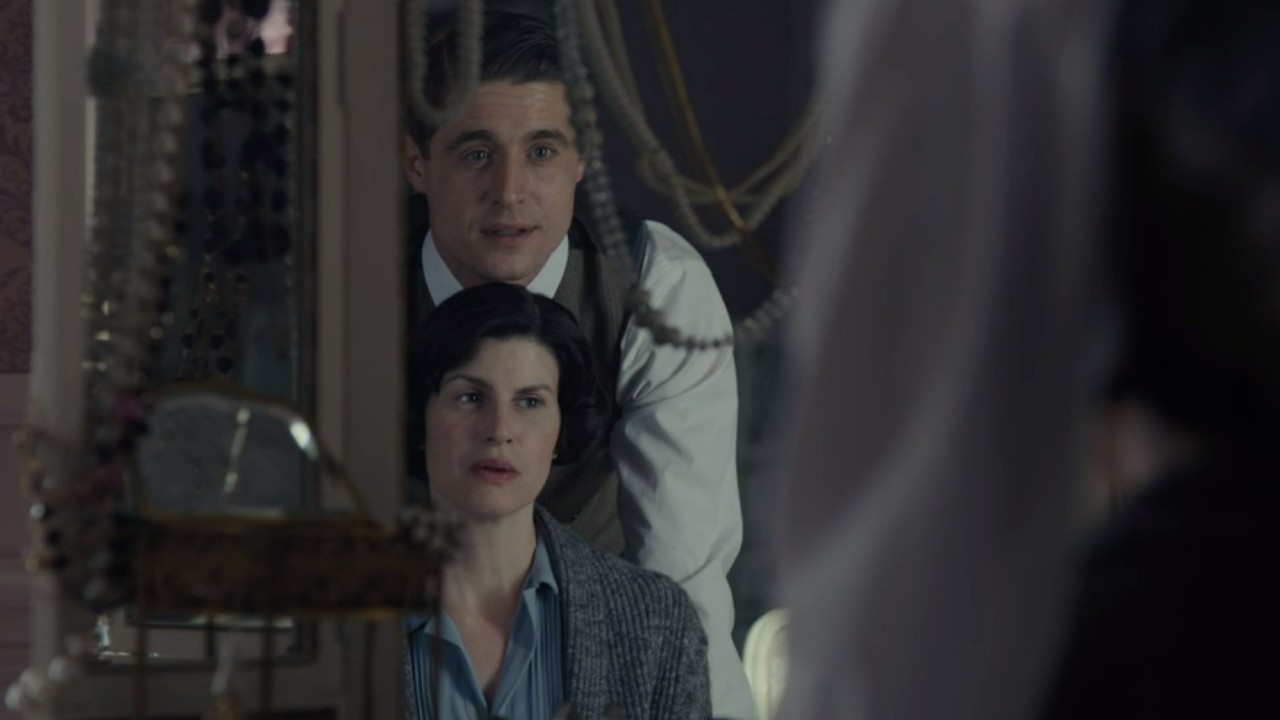
Lifetime and V.C. Andrews are a match made in scandalous TV heaven. When Flowers in the Attic premiered on Lifetime in 2014, it was a major hit for the cable channel. It spun off into three sequels: Petals on the Wind, If There Be Thorns, and Seeds of Yesterday. Lifetime then followed those films up with the Ruby movie series, the Casteel family movies, and My Sweet Audrina. In 2022, Lifetime went back to where it all began with Flowers in the Attic: The Origin.
This limited series explores how the Dollanganger-Foxworth clan became so complicated and disastrous. It tells the story of Olivia Foxworth, played in the original Lifetime films by Ellen Burstyn (the star of the Festive Grandmother meme). In Flowers in the Attic: The Origin, Jemima Rooper takes on the role of a young Olivia. The four-part series tackles the marriage of Olivia and Malcolm (Max Irons), and how its venomous nature infects generations of Foxworths.
If you love the first Flowers in the Attic movies, you may be wondering if it’s really worth it to watch this limited series. The answer is a huge yes. Let me explain why you need to watch Flowers in the Attic: The Origin.
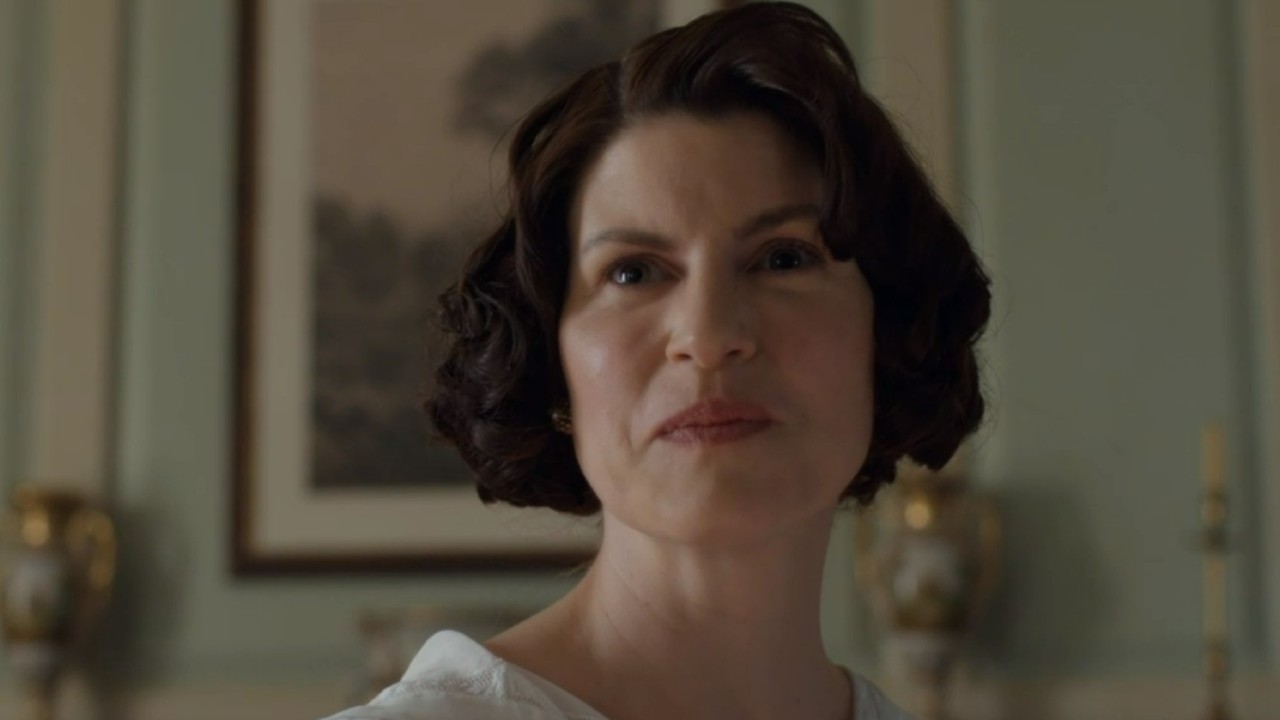
It Has Familiar Flowers In The Attic Characters
Flowers in the Attic: The Origin is all about Olivia. When viewers first meet her in this limited series, she’s not the woman that they’ve come to know in the original Flowers in the Attic films. She’s ambitious, smart, and a little bit of a romantic, but thrives on her independence. Throughout Flowers in the Attic: The Origin, she’s also shown as being kind and loving.
By the second episode of Flowers in the Attic: The Origin, viewers start to see other familiar faces. Olivia’s cousin, and eventual butler, John Amos appears throughout the limited series. Paul Wesley portrays the extremely religious John Amos in Flowers in the Attic: The Origin.
The second episode introduces teen Corrine, played by Hannah Dodd. We also may meet the rest of the Dollanganger family by the time the last episode of Flowers in the Attic: The Origin airs.
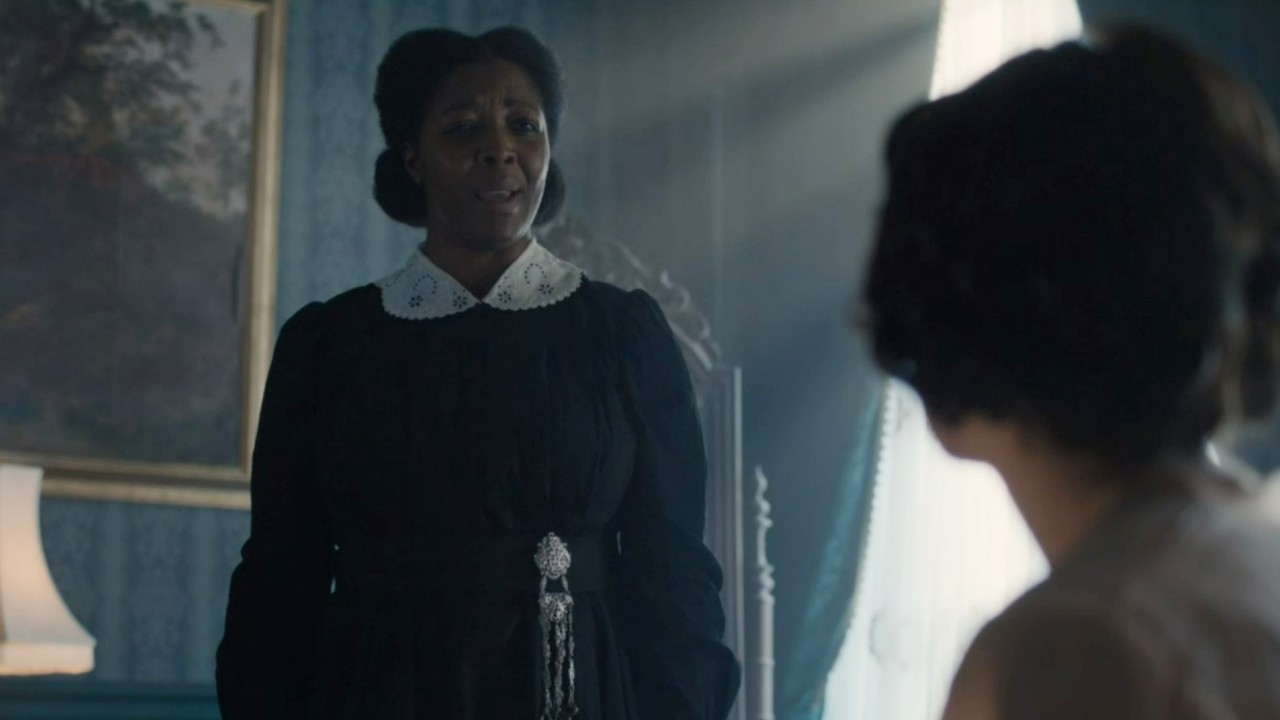
It Deals With Issues Of Class, Race, Gender, Sexuality, And Other Important Topics
Surprisingly, Flowers in the Attic: The Origin isn’t just confined to the drama that exists within the Foxworth mansion. It addresses some issues that people face during the early to mid-1900s (and still now). Olivia is an unconventional woman of the time, not just because she’s unmarried, but because she’s a partner in her father’s business. She was also very outspoken and opinionated prior to her marriage.
CINEMABLEND NEWSLETTER
Your Daily Blend of Entertainment News
Olivia was even involved in the fight for women to get the right to vote. However, there are traces of who she’ll become because of her marriage.
The topic of race is subtly addressed in Flowers in the Attic: The Origin. Nella (T’Shan Williams) is a major character in this limited series and she’s one of the Foxworth servants. Without getting into spoiler territory, she has her own storyline that addresses topics of racism and abuse of Black women. There is also an LGBTQ+ love story that’s introduced in the second episode.
Flowers in the Attic: The Origin explores more complex topics than what we saw in the original films.
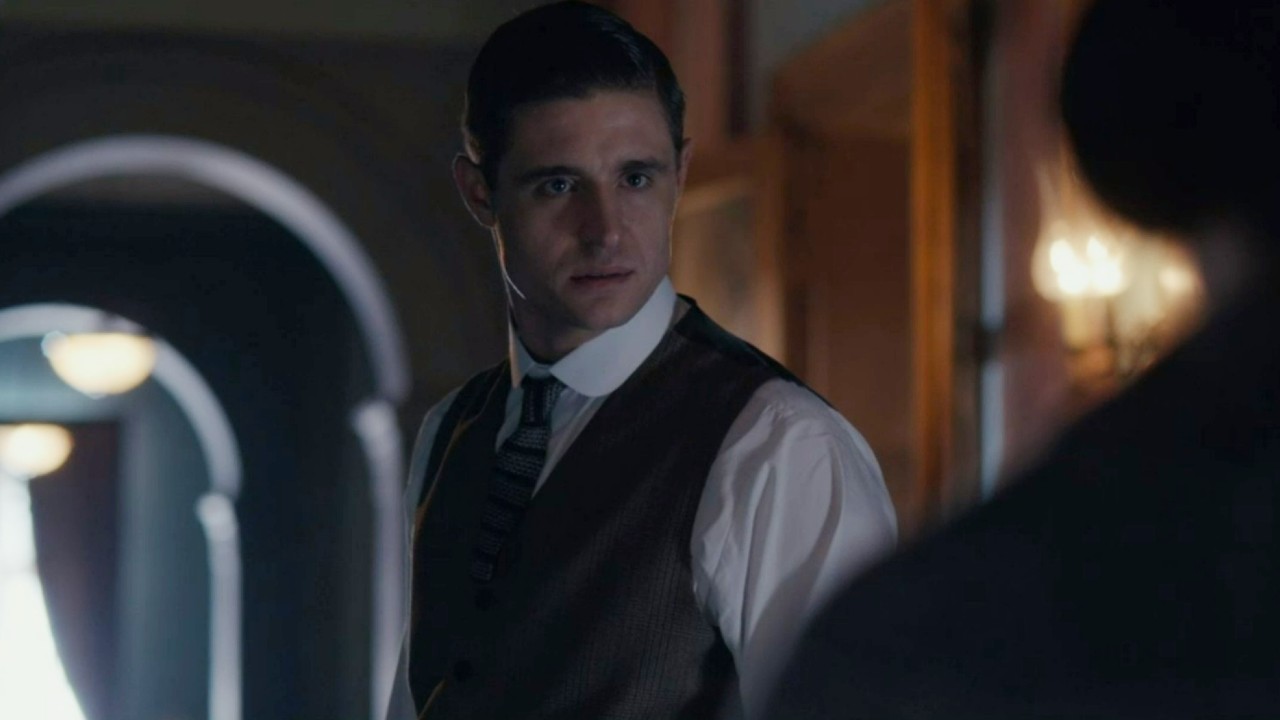
The Cast Gives Fantastic Performances
The Flowers in the Attic: The Origin cast may be the best part of the limited series. All of the Flowers in the Attic films have had a great cast, including the If There Be Thorns cast. However, The Flowers in the Attic: The Origin cast is definitely the strongest of the franchise. It was one of the things we knew about Flowers in the Attic: The Origin that made us want to watch it.
It has a slew of well-known actors, including Kate Mulgrew, Harry Hamlin, and Kelsey Grammer, and some promising rising stars. The entire cast gives great performances, but Max Irons is especially compelling as the dark, dangerous, and truly devious Malcolm Foxworth. Jemima Rooper is equally as mesmerizing at adding some complex layers to Olivia.
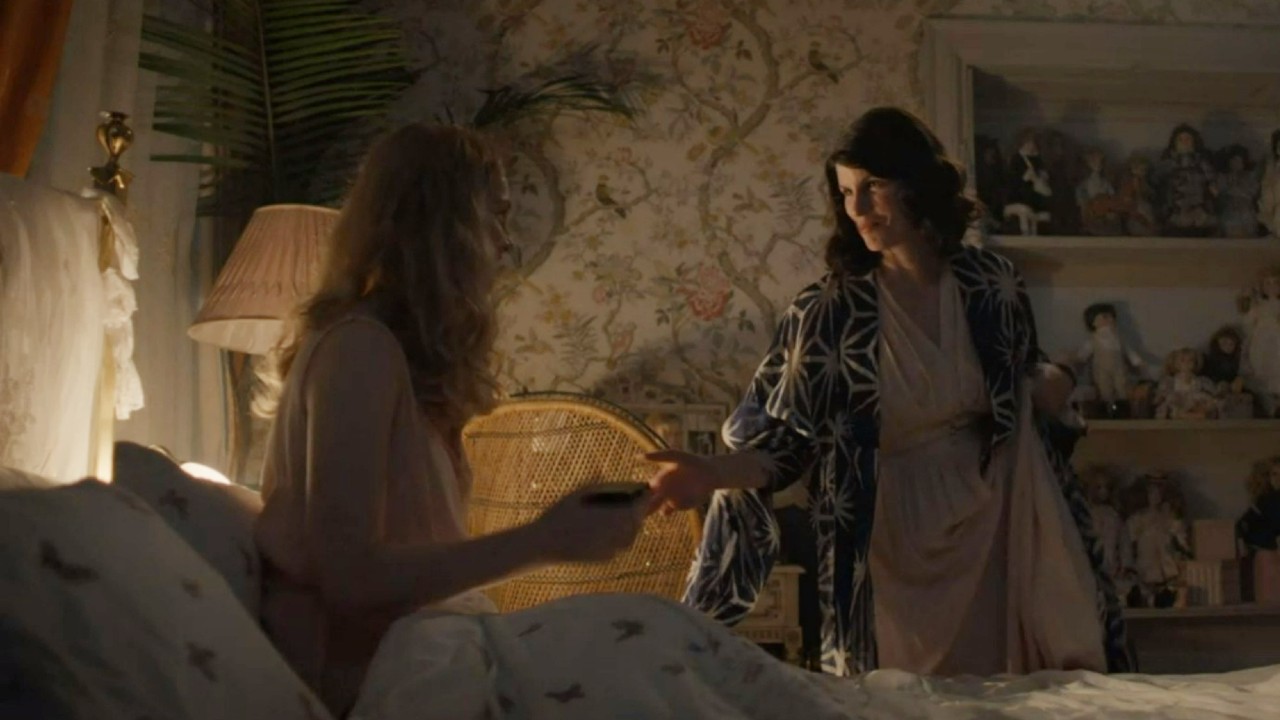
Takes Elements Of V.C Andrew’s Classic Novels But Expands On Them
Flowers in the Attic: Origin is based on the Flowers in the Attic prequel, Garden of Shadows. The limited series follows the same plot as that book but takes some liberties with it. It also includes some things that aren’t in the book. The novel inspired Flowers in the Attic: The Origin but the scriptwriters use it more as a blueprint, not a step-by-step guide.
This makes Flowers in the Attic: The Origin feel fresher and more interesting because even those who read Garden of Shadows don’t quite know what will happen next and how it will all end.
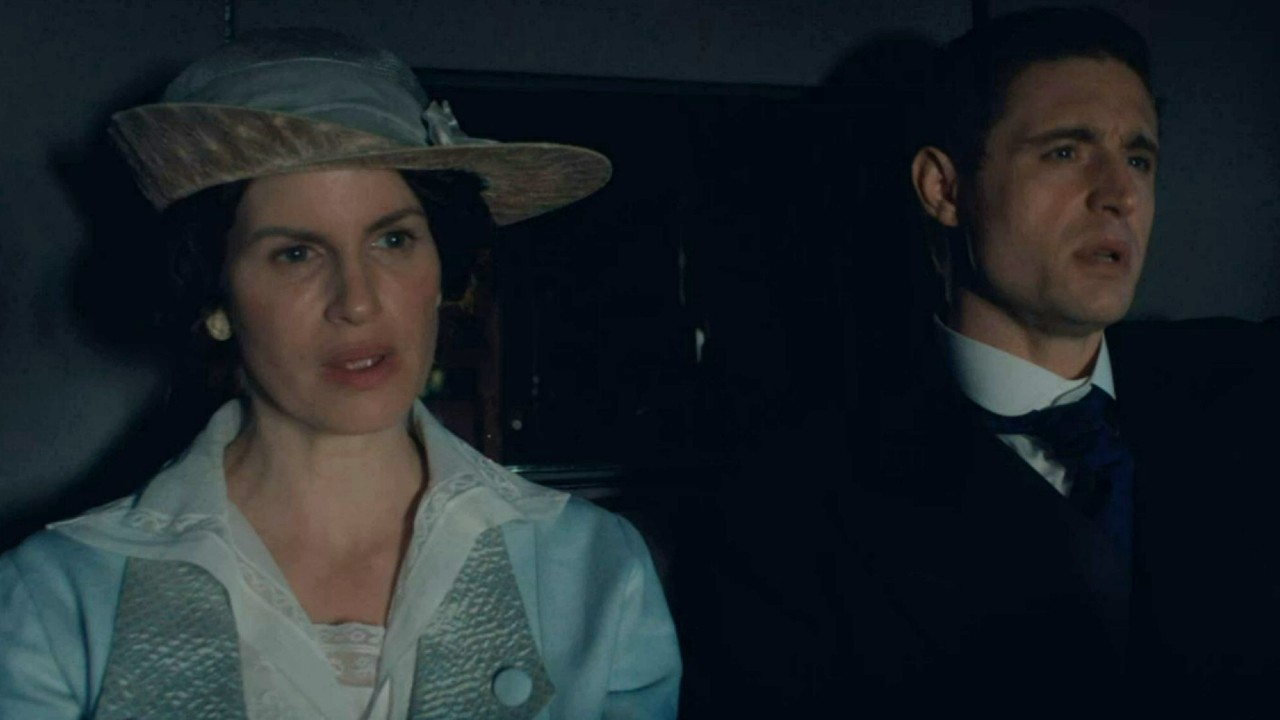
It's A Bit More Unique Than Some Of Lifetime's Other V.C. Andrews Adaptations
The Flowers in the Attic Lifetime movies, and Lifetime’s V.C. Andrews adaptations in general, follow a certain format. There is a little bit or a lot of incest thrown into the mix, a forbidden love story, devious parental figures or relatives, the rich being terrible, and many buried secrets.
Flowers in the Attic: The Origin has all of these things, but it doesn’t feel as formulaic as some of the other movies. It also portrays these characters as being more complex than just archetypes. Olivia isn’t just this monster that we see in later movies. There is a long progression that turns her into that character.
Incest is a major theme of V.C. Andrews’ novels and their Lifetime movies. In Flowers in the Attic: The Origin incest is a key part of the story, but it doesn’t come off as vital to the tale as it has in some of the other adaptations. It’s a part of the story, but not the most important element of it.
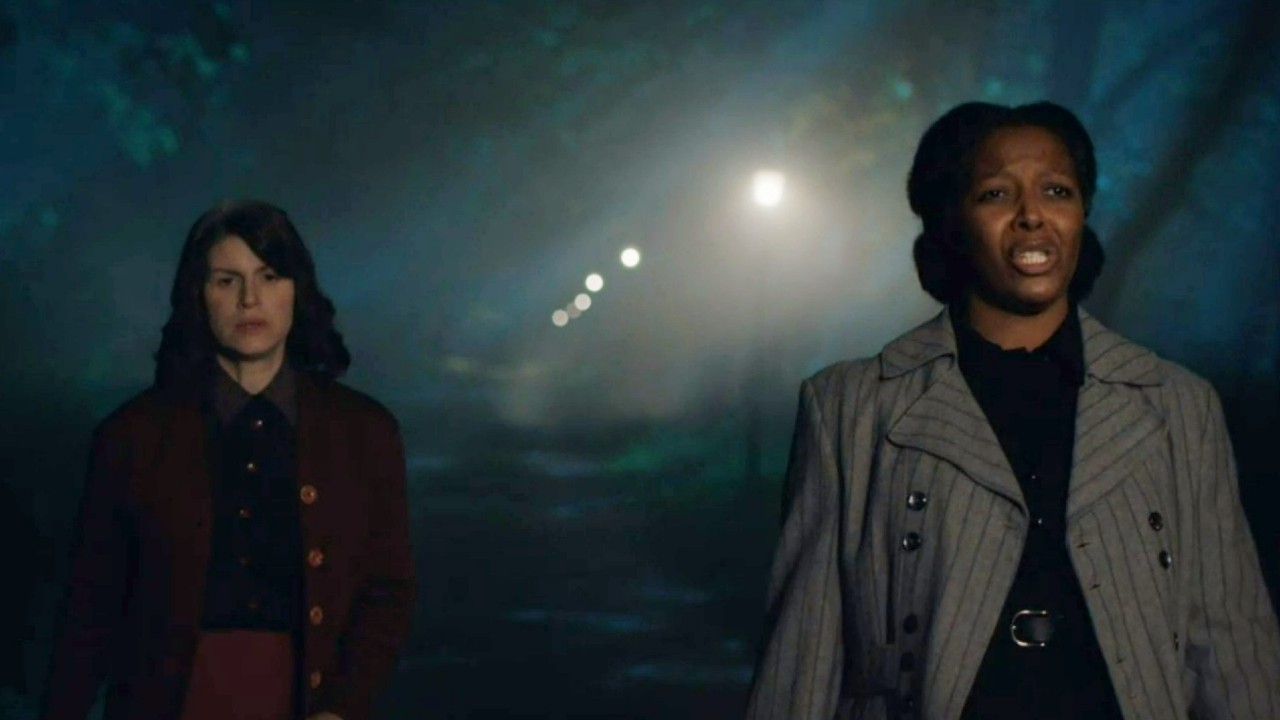
Friendship Is A Stronger Theme Than Romance In This Limited Series
In the Flowers in the Attic movies, Cathy and Chris’s love for each other is so strong that it defies logic, reason, and social norms. These movies could easily fit into any list of the great forbidden love story romantic movies.
However, Flowers in the Attic: The Origin is Olivia’s story, and it isn’t about a great romance. Her story is not one of the best romantic movies. Instead, it’s a story of how she became the broken woman we meet in Flowers in the Attic. Despite the tragedy of Olivia’s life, there is some good in her story. Much of that comes from her love of her children and friendships.
Nella and Olivia’s friendship is key to the first two episodes of Flowers in the Attic: The Origin. Her friendship with Alicia (Alana Boden) is also a key component of the tragedy of Foxworth mansion. The theme of friendship is shown as a deeper love than romantic love in Flowers in the Attic: The Origin. It also puts a magnifying glass to Olivia's true intentions. Is she really being a kind friend or just as manipulative as her husband?

The Villains Are Even More Despicable
Malcolm Foxworth is a truly great villain. He’s so inexcusably evil that you can’t help but hate him. Max Irons does a great job of completely embracing the twisted, wicked, and irredeemable nature of Malcolm. He’s a villain that you can’t wait to see get his comeuppance. Because Malcolm is so evil, it makes it easier to sympathize with Olivia and see how she becomes the evil grandmother in Flowers in the Attic.
Malcolm makes it easy to see how corrupt, powerful men can ruin lives for generations.
Flowers in the Attic: The Origin is one of the best TV events to watch on the 2022 TV schedule. It’s a dramatic indulgence with a little bit of social commentary on power, lust, corruption, and many other topics. The limited series airs on Lifetime every Sunday until July 31. You can also buy Flowers in the Attic: The Origin on Amazon.

Spent most of my life in various parts of Illinois, including attending college in Evanston. I have been a life long lover of pop culture, especially television, turned that passion into writing about all things entertainment related. When I'm not writing about pop culture, I can be found channeling Gordon Ramsay by kicking people out the kitchen.
